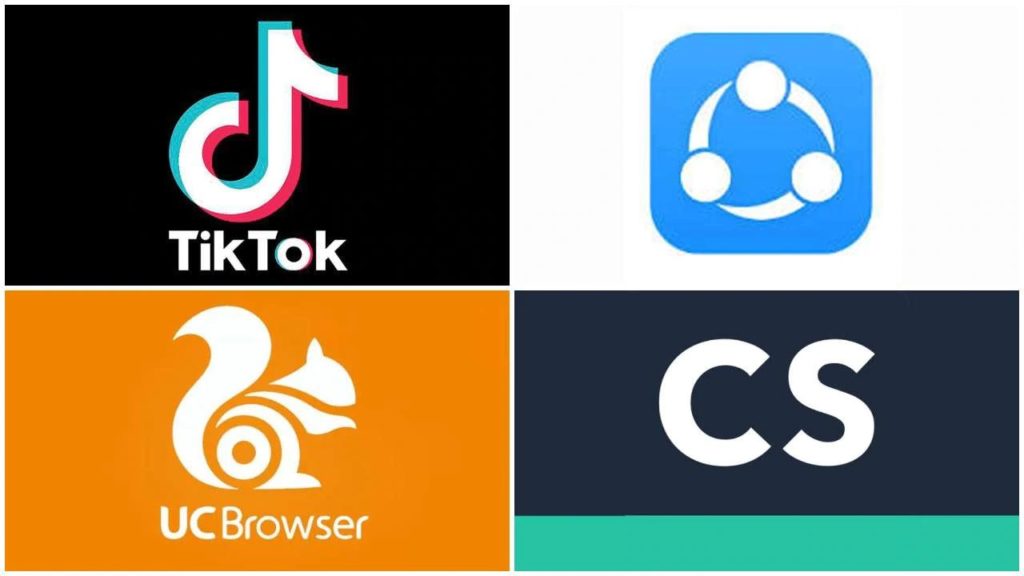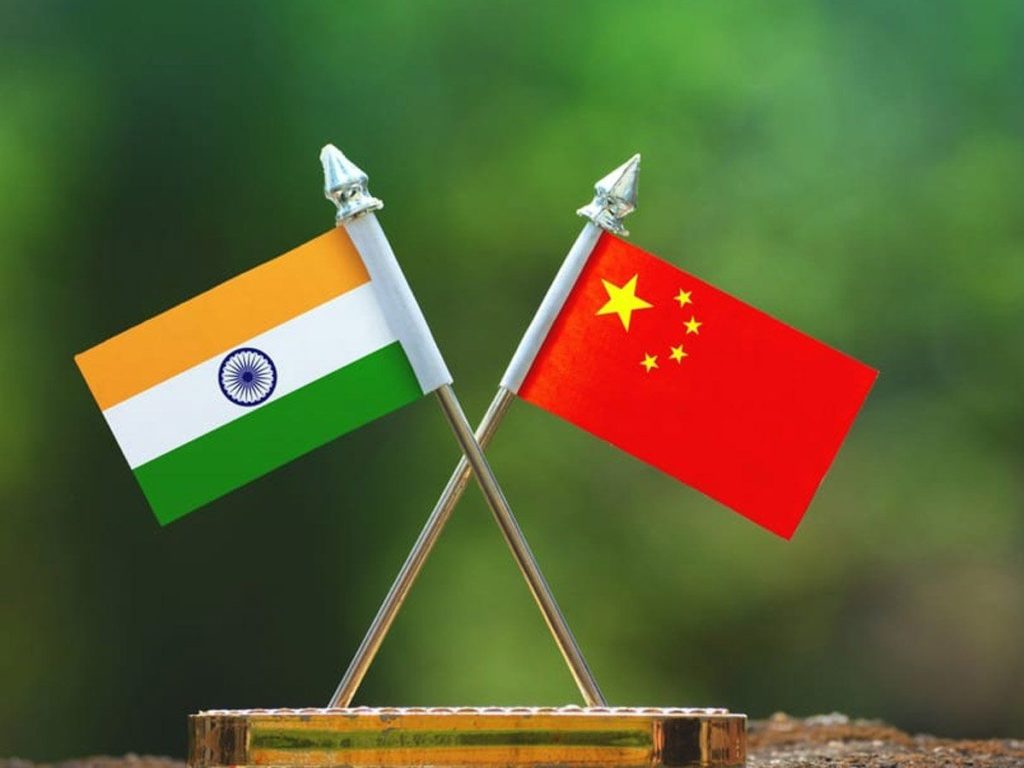The tiff between India and China is growing day by day. The central government, earlier this week, through an interim order blocked 59 Chinese apps from India. The long list of apps included – Shein, TikTok, Helo, Weibo, CamScanner, etc.
Now, one might think that accessing these apps with VPN would still be possible but to people’s surprise this is not just a ‘geo-block’ (blocking on the basis of location and IP address), it is an advanced ‘firewall’ that blocks access even while you use it via VPN.
The order was enforced under section 69A of the Information Technology Act, 2000.
Why were 59 Apps Banned

In an official statement, The Ministry Of Electronics and Information Technology said, “Many complaints from various sources, including several reports about the misuse of some mobile apps available on Android and iOS platforms for stealing and surreptitiously transmitting users’ data in an unauthorized manner to servers which have locations outside India.”
The Ministry said it had decided to block the 59 apps to safeguard the “sovereignty and integrity of India”, invoking powers under Section 69A of the Information Technology (IT) Act read with the relevant provisions of the Information Technology (Procedure and Safeguards for Blocking of Access of Information by Public) Rules 2009.
How Does It Impact Us?

Apps like TikTok, Club Factory, and UC Browser and other apps put together had more than 500 million (50 Crore), monthly active users, in May, according to one of the top mobile insight firms. As TikTok was blocked in India, ByteDance, the developers of the app said they are losing more than $5,00,000 (app. 37 Million) a day in the nation.
So, technically, it does not cause any harm to us but instead saves our information from the hands of the Chinese government. Other than that, the only possible loss is expected in the areas of investment and employment for those who were widely dependent on the apps for livelihoods.
“Related apps have a large number of users in India, have been operating strictly in accordance with Indian laws and regulations, and provide efficient and fast services for Indian consumers, creators, and entrepreneurs. The ban will affect not only the employment of local Indian workers, who support these apps but also the interests of Indian users and the employment and livelihoods of many creators and entrepreneurs,” Ji Rong, spokesperson, the embassy of China, in a statement.
China’s Response

China has said that it suspects India’s actions could be in violation of the World Trade Organization (WTO) rules. In a statement, the Chinese Embassy in New Delhi said, “India’s measure selectively and discriminatorily aims at certain Chinese apps on ambiguous and far-fetched grounds, runs against fair and transparent procedure requirements, abuses national security exceptions, and [is suspected] of violating the WTO rules. It also goes against the general trend of international trade and e-commerce, and is not conducive to consumer interests and the market competition in India.”
The Chinese Government is indicating the possibility of filing a formal complaint with the WTO against the ban on Chinese apps.
Whether or not the ban is lifted, the decision is in the favor of countries security. In recent times, cybercrimes and hacking have seen hype in numbers and to protect a country overall, ensuring safe cyberspace becomes an imperative measure.
Read the Official statement here.

 from TechQuila https://ift.tt/38Gee1O
from TechQuila https://ift.tt/38Gee1Ovia IFTTT
Comments
Post a Comment